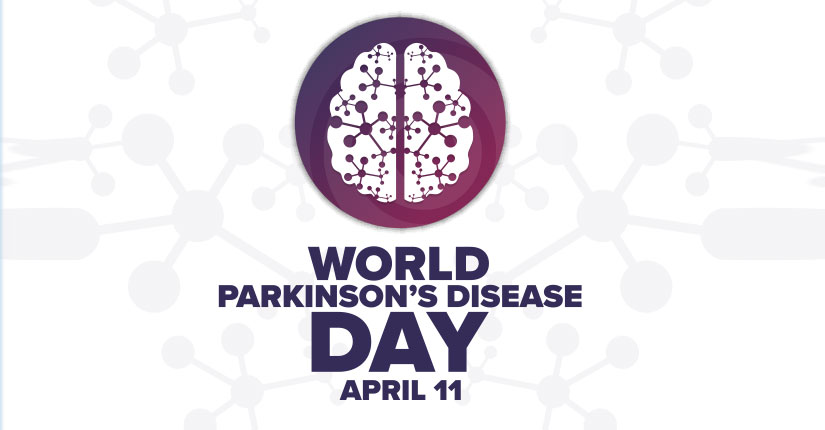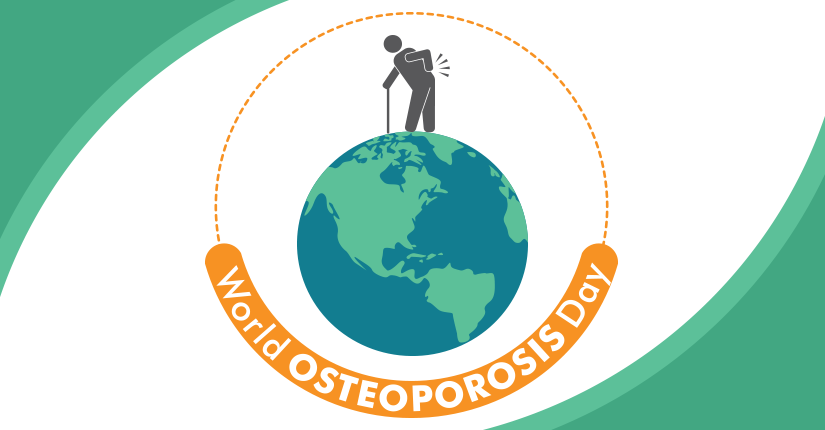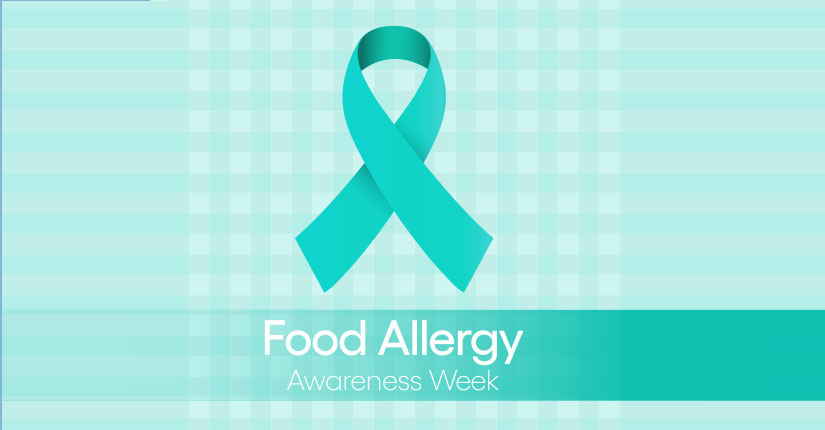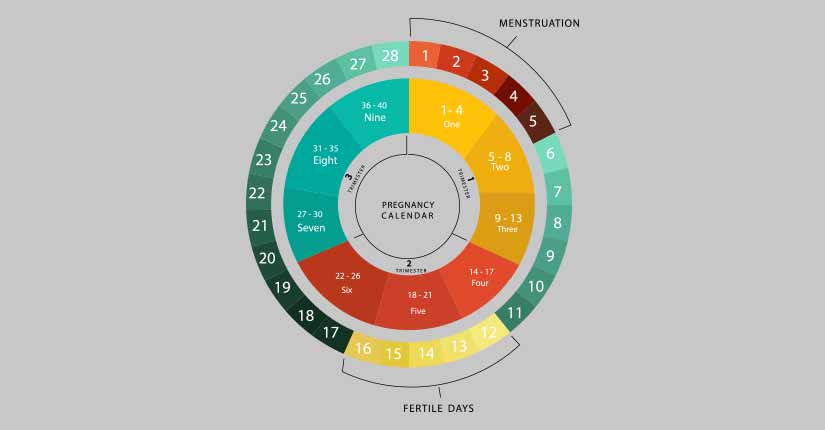Busting 7 Myths and Facts about Celiac Disease
By Nmami Agarwal 20-May 2023 Reading Time: 5 Mins
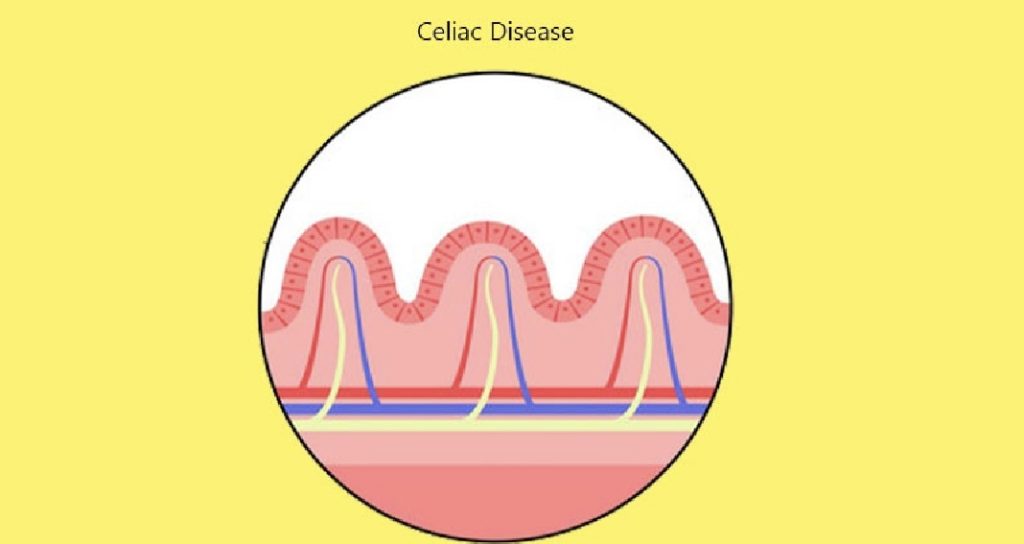
Celiac disease is an autoimmune disorder that affects millions of people around the world. It is a serious condition that requires a gluten-free diet to manage. However, there are many myths and misconceptions surrounding celiac disease that can make it difficult for people to understand what it is and how it can be managed. In this blog, we will bust 7 myths and provide the facts about celiac disease.
Myth 1: Celiac disease is a food allergy
Fact: Celiac disease is not a food allergy, but an autoimmune disorder. It is triggered by the consumption of gluten, a protein found in wheat, barley, and rye. When people with celiac disease consume gluten, their immune system responds by attacking the small intestine, causing damage and inflammation.
Myth 2: Celiac disease only affects the digestive system
Fact: While celiac disease primarily affects the digestive system, it can also cause a wide range of other symptoms and health problems. These can include fatigue, joint pain, skin rashes, anaemia, and neurological problems. Some people with celiac disease may also experience depression and anxiety.
Myth 3: Celiac disease only affects people of European descent
Fact: While celiac disease is more common in people of European descent, it can affect people of any ethnicity. In fact, recent studies have shown that celiac disease is becoming more common in populations that were previously thought to be at low risk, such as people of African and Asian descent.
Myth 4: Celiac disease is easy to diagnose
Fact: Celiac disease can be difficult to diagnose because its symptoms can be similar to those of other conditions, such as irritable bowel syndrome (IBS) and Crohn’s disease. Diagnosis usually involves a blood test to check for antibodies to gluten, followed by a biopsy of the small intestine to confirm the diagnosis.
Myth 5: Celiac disease is only a problem for people who eat gluten
Fact: Even small amounts of gluten can cause damage to the small intestine in people with celiac disease. This means that people with celiac disease need to be very careful about cross-contamination when preparing food and eating out. They also need to be aware of hidden sources of gluten in medications, supplements, and other products.
Myth 6: A gluten-free diet is just a fad
Fact: A gluten-free diet is not a fad, but a necessary treatment for people with celiac disease. Avoiding gluten is the only way to prevent further damage to the small intestine and reduce the risk of complications. While some people without celiac disease may choose to follow a gluten-free diet for other reasons, such as to manage other digestive conditions, it is not recommended for everyone.
Myth 7: Celiac disease is not a serious condition
Fact: Celiac disease is a serious condition that can have long-term health consequences if left untreated. Over time, untreated celiac disease can lead to malnutrition, osteoporosis, and an increased risk of certain types of cancer. It is important for people with celiac disease to follow a strict gluten-free diet to manage their symptoms and reduce the risk of complications.
In conclusion, celiac disease is a complex condition that requires careful management. By busting these common myths, we hope to increase awareness and understanding of celiac disease and its impact on people’s lives. If you suspect that you or someone you know may have celiac disease, it is important to talk to a healthcare professional for a proper diagnosis and treatment plan.

